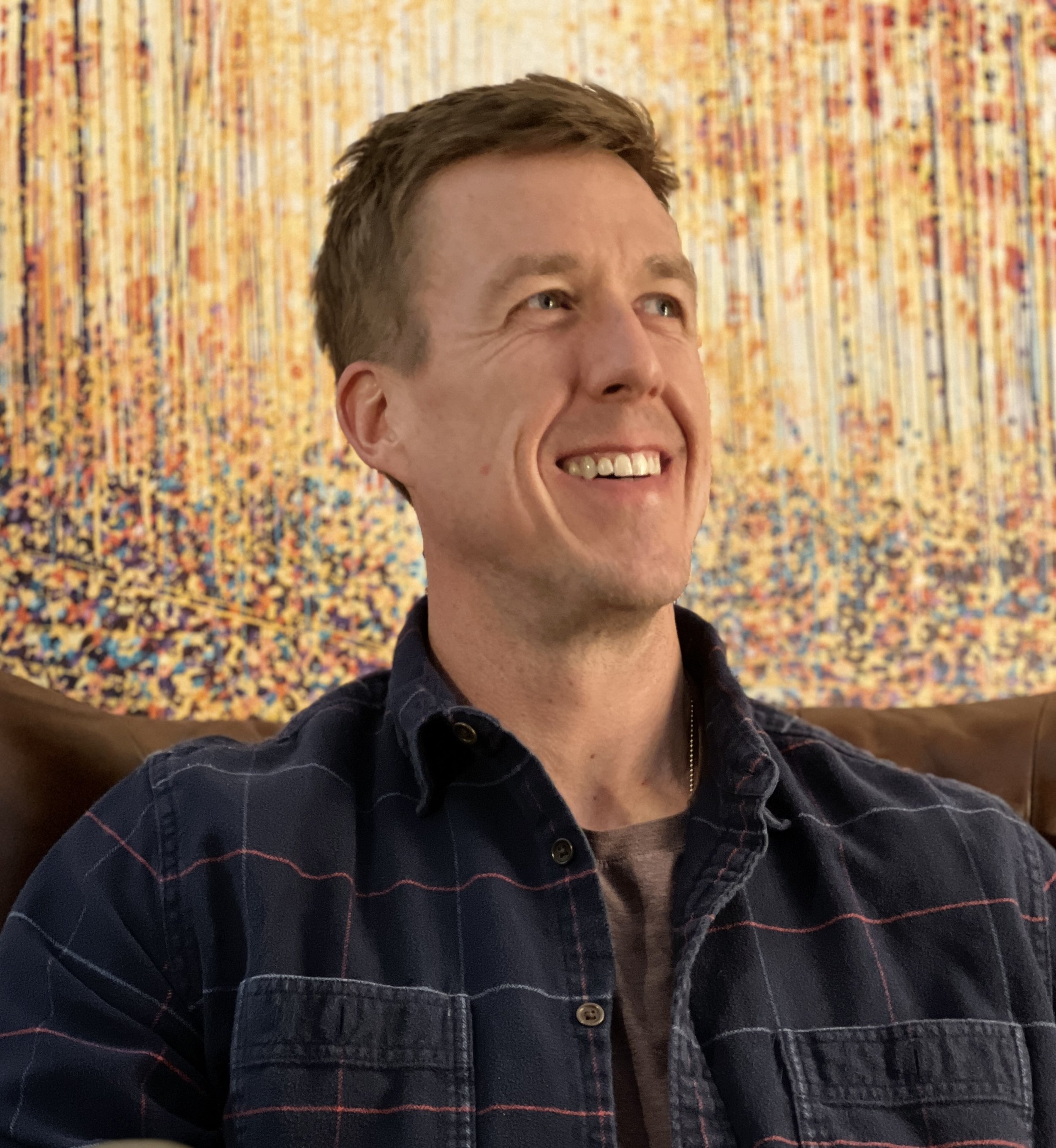Filling the Void of Addiction
/“The original sense of addiction involved being bound over, dedicated, either legally or spiritually. To devote one’s life, plunge in.”
I've been thinking about addiction lately, and then this morning I was reading Infinite Jest--in an attempt to finally get to the end of this large literary goal--and the above quote slowed me down. This sense of addiction as an act of devotion...to me, it leaves the state of being open to multiple route for storying. Ultimately, I think it can be useful in thinking about filling the void that giving up a harmful addiction leaves.
Jest deals a lot with this concept of addiction and more specifically how we as humans are quite prone to becoming addicted. Wallace observes how our culture and our economic structure thrive on our being addicted in myriad ways. More specifically, in Infinite Jest, DFW examines many of the different ways that we as a society entertain ourselves and how these various "entertainments" quite readily become addictive patterns. What's so brilliant about DFW's work here (besides the magnitude and skill of it, written in a relatively short period of time--something like 3 years--simply put: it's a tome, but a work of genius!) is that he is able to situate different addictions next to one another in ways that play with a hierarchy we as a society have created. For instance, the deadliest and most debilitating addiction in the work is not to any of the hard drugs he writes about (make no mistake, in the book these cause their share of harm too), rather the most addictive thing is a particular film "cartridge" (film) that is so addictive in nature the viewer must continuously view it, losing regard for hygiene, food, interaction etc...ultimately, the viewer is rendered a vegetable, and out of reach from those who might help, but fear their own exposure to, and demise from, the cartridge. But DFW doesn't stop here, he comments about addiction to causes, sex, sports, AA/NA groups, radio (other media), relationships, and other aspects of technology that either are, or in the future, may be present in our world.
All of this got me thinking about the recent research on addiction, which challenges the traditional notion that drugs/substances infiltrate "sick" brains and then become addictive in-and-of themselves. New research is showing that we become addicted to the most stimulating thing in our environment. In other words, we devote ourselves to the thing that we like best. If that's drugs, it's drugs. If it's video games, it's video games. If it's a cause, it's a cause. Again, the thing that imprints on us is the thing that stands out the most to us as being appealing. What we steer ourselves towards being addicted to may not necessarily fit with society's more objective perspectives. To be clear, nature and nurture still pull their weight in helping us make this decision. No doubt there are biological, cultural, and family-of-origin predispositions and experiences that can make certain objects of addiction have greater pull. Still, I would propose that the question of HOW as in "how do we get better?" vs. the WHY of "why am I addicted?" may be the place where our energy is best expended. It's been my experience that one must not always know the "Why" to get to the "How". The why explains, and the how can heal.
We know that when one chooses sobriety from an addiction (working a recovery program) he or she will be left with a huge void. Remember, if we've grown addicted, chances are it's one of, if not THE, most stimulating thing in our world. This means we probably did it a lot! As humans, it's likely that we're going to need to fill that void somehow. AA and its sister programs do a nice job of filling the space. The harmful daily habit is replaced with a better habit; 90 meetings in 90 days, drug-using friends are replaced by recovery friends, dealer is replaced by sponsor, immersion in 12-step culture replaces immersion in drug culture, etc. However, while AA works for many people (indeed, it is the most proven way that people maintain sobriety from drugs/alcohol), it may not fit for all. By zooming out and looking at the purpose it serves, we can find other options.
What I advocate for is that individuals seek to fill the void of addiction SOME HOW, when they are attempting to abstain from __________. In doing so, I think it is useful to start by seeking out several different replacements to fill the void, rather than looking at any one thing to completely take its place. Eventually, if one of those things is a more healthy option, that may be movement along the right path and constitute healthier living. We're not going for perfect, just BETTER.
The bottom line: the taking away will leave a sense of emptiness. Ideally, we can sit in this emptiness and use the space as an opportunity for examination and curiosity. When this becomes unbearable or leads to cravings to go back to the unhealthy thing, we can use our being prone to addictive behavior in our favor. The goal is to find sustainable, more healthy options of stimuli that imprint on us. Consider: relationships (partners/friends etc.), creative endeavors (music/art/dance), religion/spirituality, reconnecting with healthy family members, gaining a new role in family, school, or work.
In this way, sobriety can be reframed as something that creates space for expansion, something that allows room for us to make ourselves better humans, rather than something that simply leaves a void.






